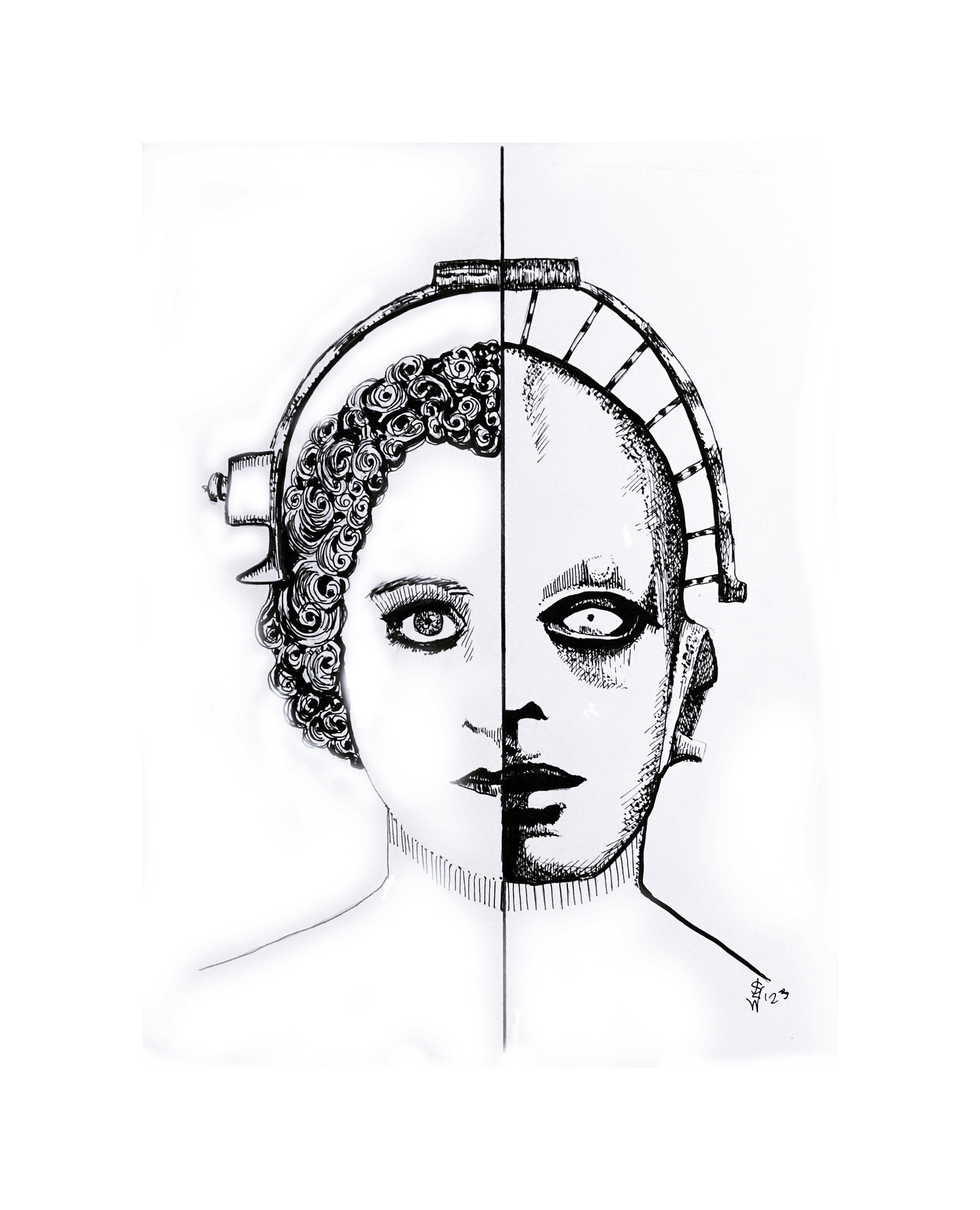Is Anyone Incorruptible?

In my new pulp novelette, Incorruptible, Linnea Jordan is a household name. She is the brilliant scientist behind a world-wide revolution in cybernetics. Her world of the not-so-distant future is considered a Golden Age where people can be rebuilt to be more beautiful, more efficient, more intelligent. More “perfect.” This is typical fodder for science fiction but that’s where the individual writer’s speculations kick in. In this case, humanity has started noticing bad effects from their cybernetic additions. In fact, the human race is in the early stages of going down for the count. Some people are losing their ability to feel or have emotional responses. Others want to vanish into virtual reality worlds, leaving their bodies behind to die. Linnea is the only one who understands what’s happening and decides to do something about it. Her solution is broad and cruel and makes her into an anti-hero. (Read more about Incorruptible at lucinapress.com.)
What I love about pulp stories from the 1930’s and ‘40’s is that a hero, often acting as a metaphor for all of mankind, rises to the occasion and saves the day, even at the cost of his/her life. I have been struck repeatedly by the level of humanity shown by these characters, even in the most violent of situations. Many of our stories today have a very shallow depth, similar to cartoons. And the protagonists are as immune to physical danger as are cartoon characters.
This distancing appears necessary as modern science fiction is often violent in a way that the older pulp stories were not. Although violence is seen in most categories of pulp, it is always treated as a thing to be avoided. It not a game and when people get hurt, or die, it’s gruesome. In today’s stories (also, in movies and games), violence is treated in a coolly distant way. Victims often get back up again without much physical damage or psychological trauma. And when people do finally die, it’s treated as a profound and almost sacred event. Well, why not? There’s an old saying from the comics—they’re not dead until you see the body…and sometimes, not even then. It’s gaming violence and nowhere near the real thing.
The other day I re-watched the Wachowskis’ “Speed Racer” (2008) film. Mentally, I compared it to the 1930’s detective pulp story I had just read. As it happened, some of the elements were the same—a world-wide crime league forcing good people into lives of corruption. Both of the heroes were young and idealistic, each one had an action-based girlfriend, and there were even masked alter-egos involved. In the older story the blackmail threats and violence felt very real and scary. “Speed Racer” is based upon a cartoon so it’s not surprising that it remains a live-action cartoon as a movie. However, most action movies today are also live action cartoons. We are used to this type of violence and can sit and watch it all day without undo harm to our psyches. I think stories evolved in this direction because content became so psychologically disturbing, starting in the 1950’s. Eventually, stories became so strange that readers couldn’t easily absorb them.
Contemporary science fiction is about war, scientific tinkering to the human body (or soul), planned societies, and global disasters. The way they are told makes you feel like you’re watching the action from a distance. And the violence is often wrapped up with humor, which is a disturbing trend in and of itself.
I write older types of stories because in that model you can make certain statements you can’t make in contemporary models. For example, I prefer not to write cartoon violence. I believe that violence should be shown for what it is—real and terrible. And in learning how to rise above such competitive and crude behaviors, we may learn something about compassion for our fellows. And how to act without hubris.
In my novelette, Incorruptible, Linnea plays the dual roles of “mother of humanity” and “mother knows best.” The results of her meddling will change humanity in profound and far-reaching ways. She is a hero corrupted by her own hubris. I believe that social engineering has directed us into widespread secondary narcissism. If we were offered the chance to do something despicable for some kind of highly public reward, would we take it? Linnea Jordan does. Would you? Are any of us incorruptible?
This is the Rocketeer signing off for today.
For more about Incorruptible please go to lucinapress.com.




